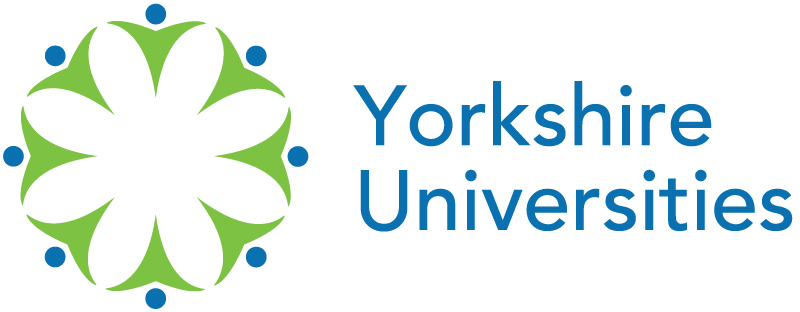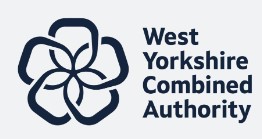The West Yorkshire Scientific Advisory Group (WYSAG) has released new video in its “WYSAG Talks” series which provide the chance to find out more from WYSAG experts about the big challenges facing us, what the science tells us and what we can do to together to build a healthier future in West Yorkshire.
In a timely release during National School Meal Week (November 11-15), Prof Maria Bryant describes research supported by FixOurFood and ActEarly. This collaborative work with families, young people, and local authorities provides a clear evidence base for policymakers to improve the school food system.
We have come a long way with school food, but there is still much to do.
About 30% of a child’s daily dietary intake happens at school. This makes it an ideal setting to provide at least 1 hot meal for all children who attend state funded schools. Done well, this provides essential nutrients and can support long lasting healthy relationships with food. This is particularly relevant to children whose families live on a very low income, with Free School Meals (FSM) providing access to children whose parents have an annual household income of less than £7,400. Given the recent rise in levels of deprivation over recent years, this has become a highly relevant life-line. However, the FSM system does not deliver its true potential. The eligibility cut-off is much too stringent, the daily allowance funding is insufficient to provide access to healthy foods and many children are missing out because of the bureaucratic application process. Our research across Yorkshire has shown that many families who are food insecure do not meet the criteria, including working families. Through our citizen science research with young people, we have learnt a lot about the limitations of the daily allowance, where many are forced into buying a meal deal option (usually with no fruit or vegetables, but including a drink in a plastic bottle). We have also been working closely with local authorities to help them set up processes that dont rely on parents who are entitled to FSM having to apply for them. This latter ‘auto-enrolment’ project is seeing tens of thousands of additional children now getting the hot meal they are entitled to, with linked funding provided to schools (averaging at about around £1M per local authority).
We continue to move this research forward to provide a clear evidence base for policy makers. In the meantime, it is heartening to see the tangible impact that the work is already having.
Whilst we know how well NHS treatments work in improving health, most of our health and wellbeing is shaped by wider determinants: the quality of the houses and neighbourhoods we live in, the design of our urban environment, the air we breathe and the schools where we learn, our access to healthy food and active travel.
WYSAG wants to bring together available research to give independent evidence-based policy advice by mobilising, organising and utilising available research. The group will answer specific questions posed by the Combined Authority and Health and Care Partnership.
The WYSAG group serves the West Yorkshire Combined Authority and West Yorkshire Health and Care Partnership, existing to guide policy makers to make the best decisions and shape a healthier, happier future for the people of West Yorkshire. WYSAG is hosted and facilitated by the NIHR Applied Research Collaboration (ARC) Yorkshire and Humber, working in partnership with Yorkshire Universities and the Y-PERN network.
Find out more about WYSAG here https://arc-yh.nihr.ac.uk/research/projects/west-yorkshire-scientific-advisory-group-wysag/
The video is available on the YH ARC YouTube channel from today




